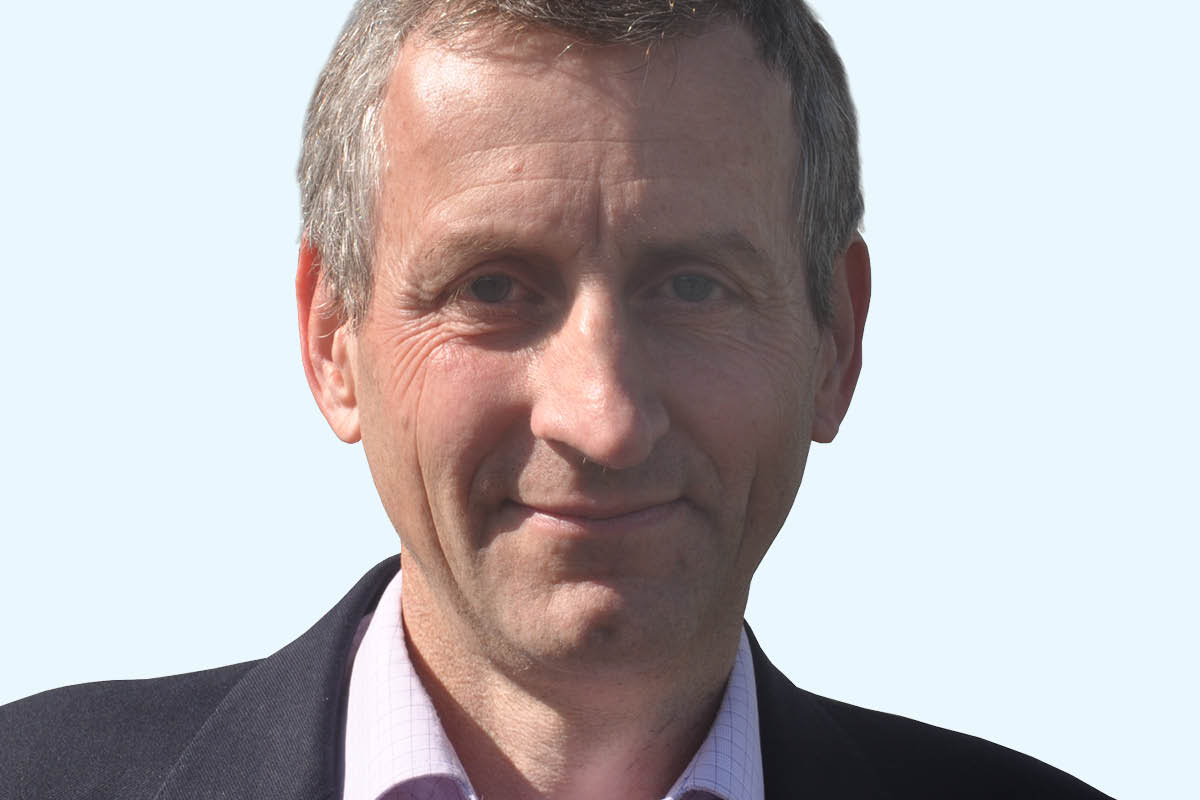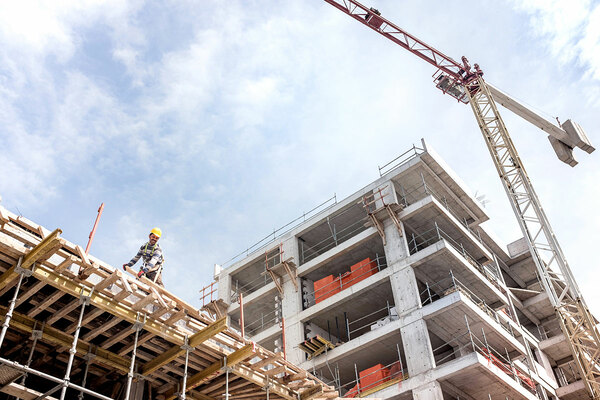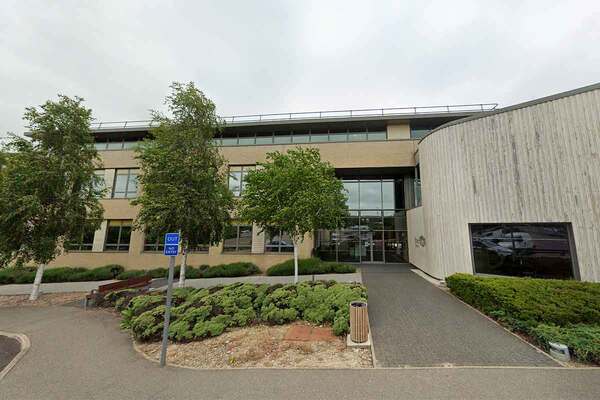How investor questions are changing as ESG factors become more important
Investors increasingly want to know about our environmental, social and governance (ESG) performance. Here is what we’ve learned from those discussions, explains Nicholas Harris
We regularly undertake discussions with investors to update them on our plans and upcoming funding requirements. These conversations now include how Stonewater is aligned with sustainable investment principles, which is a growing area of interest to many investors.
As part of these conversations we’re seeing some key questions often recurring, especially around the journey to net zero carbon and fire safety.
I thought it might be useful to share our experiences with investors and how we’re continuing to learn from these interactions.
Stonewater’s starting point is that we are continuing to support customers through the immediate COVID-19 pandemic. Investors naturally still want to know about our pandemic response and its impact on our financial strength and strategic plans.
In parallel, we’re pursuing our ambitions to continue creating resilient communities, building more affordable homes and embedding sustainability into both our existing and new homes.
We plan to build at least 1,500 homes a year from 2022/23 and to improve our existing homes to have at least an energy performance certificate (EPC) rating of C by 2030. Beyond that, we are exploring how to move further towards EPC B by 2040, by replacing fossil fuel heating, and for our business to be net zero carbon by the government deadline of 2050.
We’re finding it’s an increasing area of focus in investor conversations and is a clear change from previous years when questions tended to be around our development programme and any associated exposure to housing market fluctuations.
Also, it has become obvious to investors that there are targets housing providers must meet on the journey to net zero carbon – they want to know our plans to do this.
As part of our response, we have set out the details in our sustainable finance framework (SFF), which we have just published. It has been independently assessed as being aligned to green and social financing principles and the United Nations’ sustainable development goals on poverty, communities and climate action.
Our annual targets include planting 3,000 trees, upgrading 350 properties to EPC level C or equivalent, and installing 200 low-carbon heating systems.
In common with other housing providers, the SFF is a crucial part of the evolution of our approach to funding our organisation in the coming years. We have worked hard to get to this point – we were an early adopter of the Sustainability Reporting Standard for Social Housing and the first UK housing association to partner with the Community Forest Trust.
As with anything new, the SFF approach and the external validation is maturing as all parties become comfortable with the process. Investors take comfort from the independent scrutiny provided by credit ratings agencies of the overall financial health and outlook of an organisation.
Stonewater was recently reaffirmed as A+ with a stable outlook. Over time, investors are becoming as interested in impartial SSF assessment, such as by our partner ISS Corporate Solutions.
“Investors were particularly interested to learn more about the fossil fuel eradication work we have been undertaking as part of our approach to net zero carbon”
So back to those investor questions. A key query was how getting our homes to at least EPC C by 2030 aligned with the government aim of achieving net zero carbon by 2050.
It’s a fairly common question and one which we took time to address. EPC A means a SAP score of 92 to 100 – not net zero carbon emissions. Our assumption is that our investment in our homes will get a high EPC score by 2050 – we are targeting at least EPC B.
This includes the removal of fossil fuel heating by 2040, which will significantly reduce running costs as well as cutting carbon emissions. The additional carbon saving required to get to net zero carbon will come from efficiency improvements to the energy network and our own investment in carbon offsetting as needed.
Understandably, investors are interested in the funding requirement associated with these targets and the modelling behind them. Investors were particularly interested to learn more about the fossil fuel eradication work we have been undertaking as part of our approach to net zero carbon.
This builds on the independent report we commissioned in 2020 from leading thinktank the Institute for Public Policy Research which explores the available technologies to heat our homes as gas boilers are phased out in the coming years. Heat pumps were identified as a leading solution, and so we have felt confident to specify ground-source and air-source heat pumps in our new homes.
Since April last year, we have followed a policy of not approving any projects that include fossil fuel heating where we are the developer.
Investors also wanted to know about our exposure to fire safety and cladding issues and our approach to these. Stonewater is in the fortunate position not to have many high-rise blocks and on those we do own, we have carried out comprehensive checks and found no dangerous cladding.
As a result, we have a relatively modest fire safety works programme of around £800,000 this year and then £400,000 in the next few years. An important lesson for us is to ensure we have specialists on the call in future with investors who are able to have detailed discussions on sustainability and asset management.
We’ll continue to listen carefully to investors and shape our response to make sure we address the growing need for more detailed information on different parts of our organisation. Ensuring we answer these questions ultimately means that we are better able to answer to our customers.
Nicholas Harris, chief executive, Stonewater
Sign up for our development and finance newsletter
Already have an account? Click here to manage your newsletters















